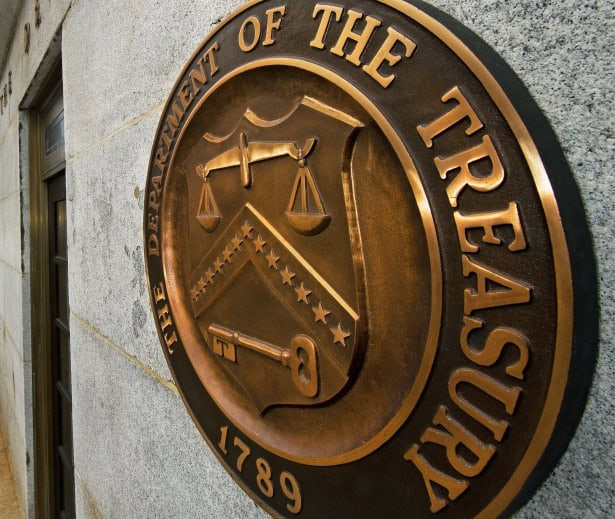Amicus Briefs
West Virginia v. Department of Treasury
CASE SUMMARY
Did we achieve our litigation objective? Yes, the so-called federal tax-cut ban was held unconstitutional.
Court Outcome: The Eleventh Circuit held that the “tax mandate” provision of the 2021 Covid stimulus bill (officially called the American Rescue Plan Act) is unconstitutional, because it doesn’t clearly state the condition states are subject to.
Larger Impact: This case served as an important check on the attempts by the federal government to use conditions on spending to enforce policies and restrictions on states that it has no constitutional authority to impose.
Summary: In the boldest federal power grab in recent memory, Congress attempted to usurp the sovereign powers of the States and seize their taxing authority. The American Rescue Plan Act of 2021 (ARPA), signed by President Biden on March 11, included a Tax Cut Ban that required States receiving federal rescue funds to give up their ability to decrease taxes for three or more years.
NCLA filed two amicus briefs against the U.S. Department of Treasury — one in the U.S. District Court for the Northern District of Alabama and one in the U.S. Court of Appeals for the Eleventh Circuit — arguing that the Tax Cut Ban was an unprecedented and unconstitutional seizure of state taxing power by Congress. NCLA argued that the Ban was unconstitutional because it placed a coercive condition on spending, commandeers state government officials in violation of the Tenth Amendment, and assaulted a core component of state sovereignty that is pre-Constitutional.
OUR TEAM
RELEVANT MATERIALS
NCLA FILINGS
Denial of Rehearing en Banc by the U.S. Court of Appeals for the Eleventh Circuit
September 14, 2023 | Read More
Opinion of the Court
January 20, 2023 | Read More
Amicus Curiae Brief of the New Civil Liberties Alliance in Support of Plaintiffs-Appellees
April 1, 2022 | Read More
Memorandum of Opinion
November 15, 2021 | Read More
Brief for Amicus Curiae New Civil Liberties Alliance
April 30, 2021 | Read More
PRESS RELEASES
Eleventh Circuit Court of Appeals Holds Congress’ State Tax Cut Ban Unconstitutional, in NCLA Win
January 20, 2023 | Read More
Amicus Victory: NCLA Applauds Federal Court Ruling Invalidating ‘Tax Cut Ban’ in Thirteen States
November 16, 2021
NCLA Amicus Contests Congress’ Tax Cut Ban that Unlawfully Seizes State Taxing Authority
April 30, 2021
IN THE MEDIA
States challenge American Rescue Plan’s tax cut ban
Accounting Today
February 8, 2023

